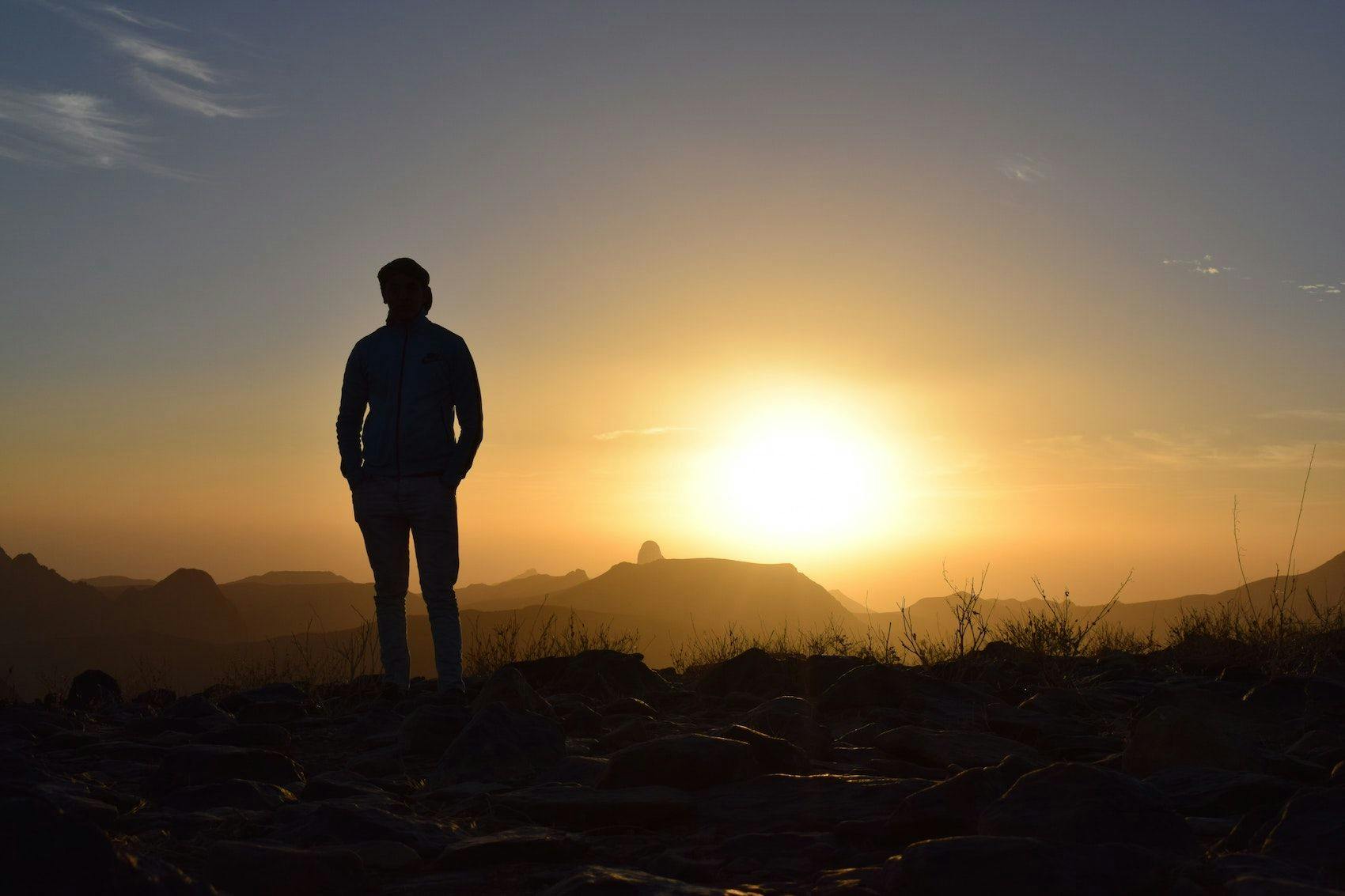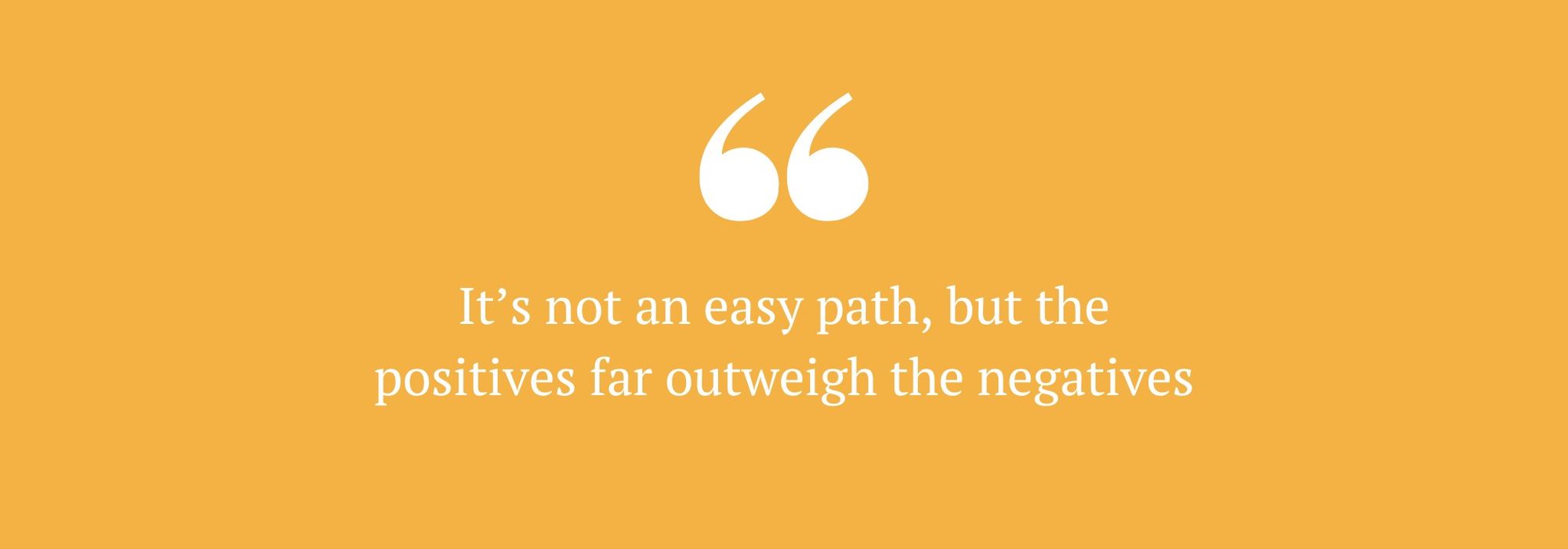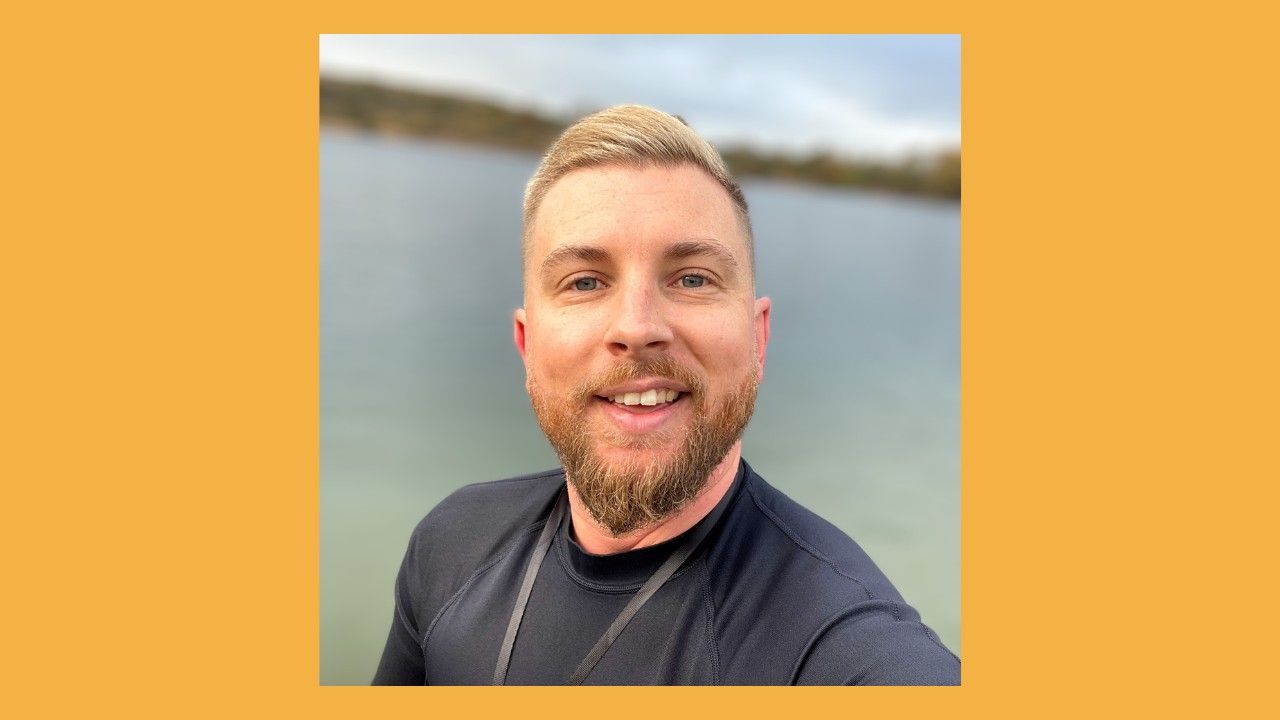Mental health advocate and podcaster Luke Clark shares his story of sobriety
updated on Oct 19, 2023

18 months down the line from making the decision to go sober, mental health advocate and podcaster Luke Clark shares the highs and lows, along with his words of wisdom for anyone else who is sober curious
I can pinpoint the exact moment when I swigged my last alcoholic beverage. And I think most sober people do, as we find solace in counting the number of days, weeks, months, and years since we made that massive choice. Because every day is a huge achievement.
My turning point came around Christmas in 2020. Still mentally recovering from a traumatic experience the previous year, I found myself drowning my emotions in shots, pints, and cocktails during a night out with friends. I wanted to escape the pain I was feeling. A few drinks too many, and the night spiralled out of control. I ended up passed out in a doorway, causing my wife to worry and search for me in a state of distress. This wasn’t the first time something like this had happened, but it had to be the last.
On reflection, it became clear that my poor mental health and alcohol – on top of the anti-depressants I was taking at the time – were not a good mix. Deciding to go sober was a decision that had been brewing within me for quite some time. I had attempted to give up drinking before, after blacking out, but it never stuck. The appeal of pints at the pub, sharing a bottle of wine with takeout, or necking the unlimited booze on all-inclusive holidays made it seem almost impossible to give up. In the past, I was doing it for others, not for myself, and I imagine that’s why it failed.
But, the morning after my last booze fest made me realise that I really needed to prioritise my mental health and wellbeing. Alcohol was not helping, and it was time to make a genuine change – for me.
The initial thought of going sober terrified me, especially in a society where drinking is deeply ingrained in every social interaction. “Fancy going for a pint?” was a regular phrase from mates on WhatsApp. And at that point, I knew just one other person who didn’t drink.

Overcoming this fear was one of the most significant early struggles, particularly for someone like me who also battles social anxiety. I won’t sugarcoat it – it was tough, and incredibly awkward. But embracing sobriety is a journey you must own. You’re making that choice for a reason, so hold onto those reasons, and remember why you made that decision in the first place. Picturing myself slumped in a doorway, vulnerable and motionless while my wife tried lifting my dead weight into the passenger seat of our Nissan Juke always springs to mind. I don’t want to put myself or her through that ever again. I don’t want to put myself in that much danger ever again.
A few months down the line from committing to sober living, I began to realise that I didn’t need alcohol to have fun or connect with others. Surprisingly, I found that I could be more present and engaged in conversations when I wasn’t under the influence. And for the first time in my life, I was fully in control of my thoughts and actions. It felt really good.
As I grew more comfortable in my new skin, I ventured into exploring new hobbies and activities that brought genuine joy and fulfilment into my life. I tried indoor bouldering, wild swimming has become a part of my weekly routine, and I even went to my first solo music gig sober. Pre-sober Luke would have never even dreamed of doing those things.
After a while (and this really surprised me) I found a whole load of other people that had made that same decision. And by finding those people, you can build a support network around yourself. I sought out and connected with others who were also on the path to sobriety through support groups and online communities. Discovering that I wasn’t alone in my struggles was a game-changer. And being able to share experiences, offering and receiving support, and knowing that others understood what I was going through made a world of difference.
But my first real challenge was yet to come: my brother-in-law’s wedding. My first sober wedding. Surrounded by intoxicated people, I couldn’t help but feel uneasy. It seemed like everyone was raising their glasses, having a great time, and I really felt like I was missing out. But I stuck to the coping mechanisms I learned in counselling (such as 4-7-8 breathing, and the 5-4-3-2-1 grounding exercise using my senses), and leaned on those around me who I knew would make me feel at ease. In times like these, it’s good to surround yourself with people who understand and support what you’re doing.
The next morning, as I woke up without a hangover, I felt like a winner. Knowing that I had got through my first ever wedding sober filled me with pride. Oh, and talking to drunk people can be quite entertaining. That night I discovered a whole trove of family secrets and rumours!
Today, I’m 18 months sober. And I can honestly say that it’s one of the best decisions I’ve ever made. My mental health has seen a massive turnaround, and I feel so much more in control of my emotions and actions. I feel so proud.

But as a society, we still have a lot of learning to do and discussions to have to dismantle the stigmas that surround choosing to go alcohol-free. You don’t need to do shot after shot of tequila with your friends to have a good time. And it doesn’t make you more fun being the one draining that pint at a party with people around you chanting “Down it, down it”. Going sober doesn’t make you boring. But it does save you a ton of money, stops you from those awful hangovers, and allows you to remember what happened the night before.
If you’ve tried giving up alcohol before, couldn’t, or experienced a relapse, don’t be too hard on yourself. It’s not an easy path, but do keep trying because the positives far outweigh the negatives.
Choosing a sober lifestyle has transformed my life. It’s been a journey of self-discovery, allowing me to confront my struggles head-on, and develop healthier ways of coping with the anxiety and depression I’ve suffered with for more than 15 years. My mental health has never been better.
If you’re reading this and are sober curious, or are at the beginning of your journey, why not give it a go? There will be many challenges along the way, but you’ve got absolutely nothing to lose – and so much to gain..
Luke Clark is an award-winning mental health podcaster and the host of ‘The Stress Sessions’. Follow him on Instagram @stresssessions.

